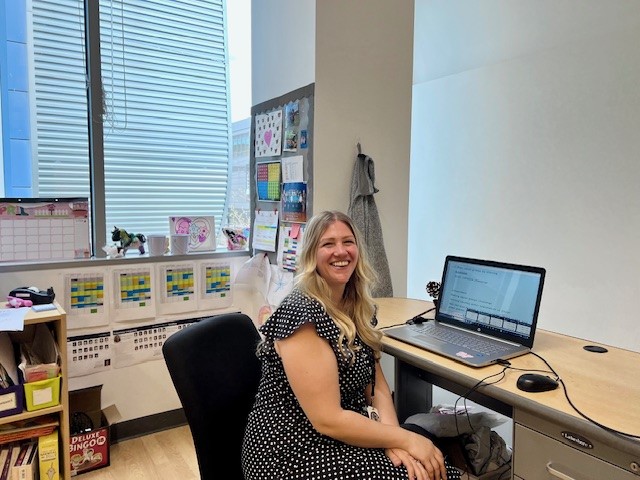Blog
 Blog | Featured | Global Education
Blog | Featured | Global Education.png?rev=d90cba9b09fb4c8fab7fac061b6b1f8b&hash=31907114A14D105CCD788D466AD5B994) Blog | Featured | Global Education
Blog | Featured | Global Education.png?rev=e02877cfbbd34d39a4004bda160f8aca&hash=4C5592F80A3EB33BF4676FE8342252FA) Blog | Global Education | Featured
Blog | Global Education | Featured Blog | Global Education | Featured
Blog | Global Education | Featured Blog | Featured | Global Education
Blog | Featured | Global Education.png?rev=a82a901223fc4391856ca303b5ff2532&hash=295C210BDCCD70AE536A7C51B717FB98) Blog | Global Education | Featured
Blog | Global Education | Featured Blog | Featured | Global Education
Blog | Featured | Global Education.png?rev=a18396a958584069a1cffa406f4ceb31&hash=6DAB502DF4F4DBF42C42890F224CC1E2) Blog | Global Education | Featured
Blog | Global Education | Featured Blog | Featured
Blog | Featured


